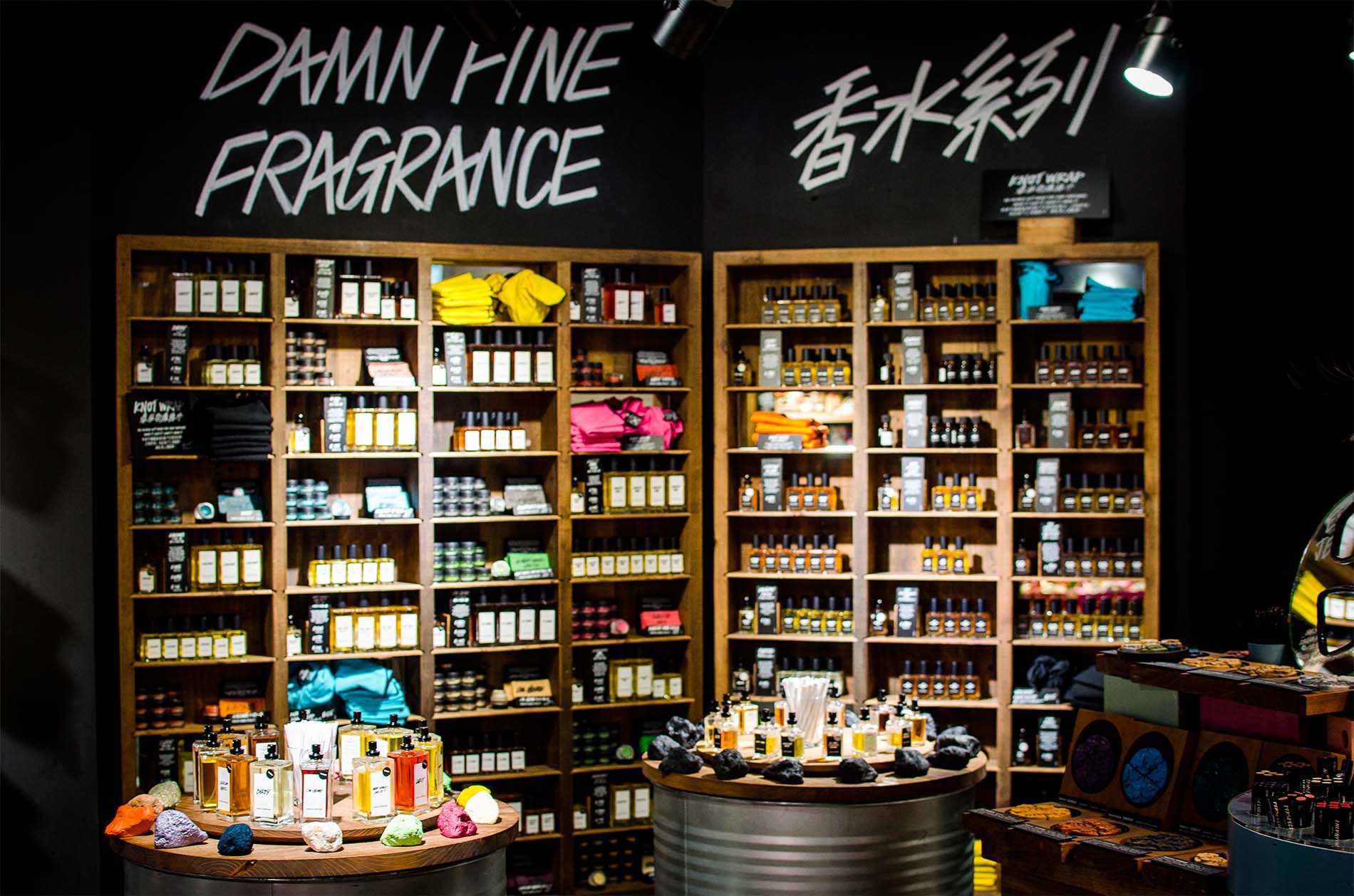
It’s tempting, isn’t it? Switch it all off, let others keep up your social media presence, reduce the constant fear of a trending breakdown in communication, and help to ease some of the ongoing mental health battles for consumers...

It’s tempting, isn’t it? Switch it all off, let others keep up your social media presence, reduce the constant fear of a trending breakdown in communication, and help to ease some of the ongoing mental health battles for consumers…
But is coming off social media altogether only an option for the privileged few? And how does stepping off the wheel contribute to a positive mental health movement?
Most brands now know what’s involved in maintaining a varied, interesting, purposeful social media presence. Some maximise the opportunities for exposure and some make sure they say something now and then so people don’t think they’ve vanished entirely – with lots of brands sitting within, and outside of, these two extremes.
But Lush have performed another disappearing act…
They’ve made a point of switching off their socials once more (they previously logged off in 2019, before returning in 2020) citing concerns over the mental health of users. The last time the brand left social media, they decided to place a “renewed focus” on influencer marketing as a way of promoting their products, so it’s likely they’ll continue to utilise their existing network of ambassadors in a similar way.
But social media influencers – those seemingly perfect, glamorous beings – can often be just as destructive as brands in the online sphere.
For most influential profiles, there’s a fee to be paid or exchange to be made and this raises some questions around ethics and transparency.
For a brand that’s making a lot of noise about leaving social media in the name of mental wellbeing, its continued influencer engagement certainly sits at odds with its purported social motives.
Lush’s CEO has said he is happy for the brand to lose $13M by leaving social media but is it possible to achieve a reduction in negative mental health via an influencer-led route as opposed to an owned content route?
And for brands without huge budgets, is it possible (and financially viable) to escape the social media shores?
Perhaps the best way to enact positive change in the social sphere is by leaving – or perhaps it means taking positive steps to change the channels from the inside.
For now, we watch to see which brands might go next…
Is coming off social media altogether only an option for the privileged few? And how does stepping off the wheel contribute to a positive mental health movement?